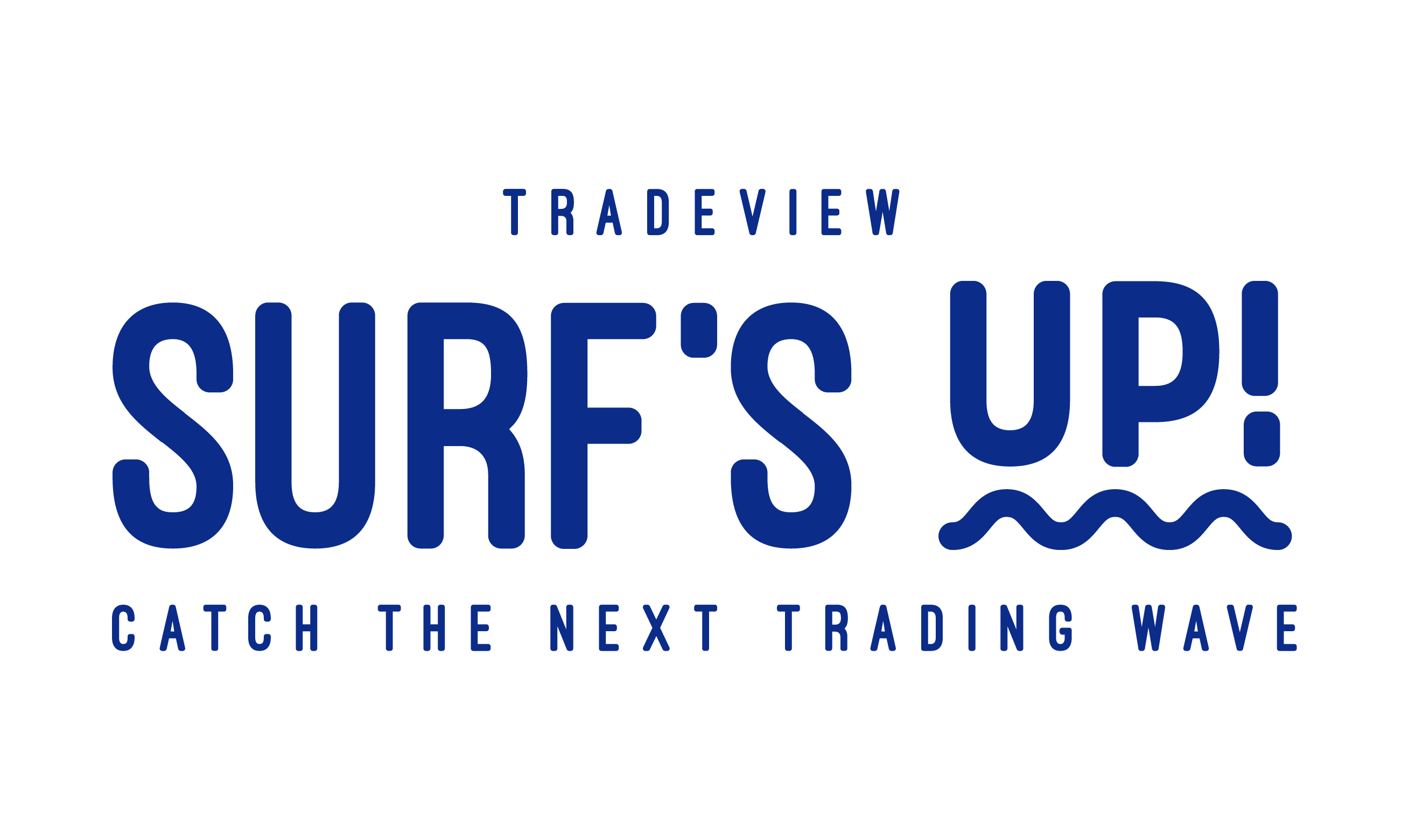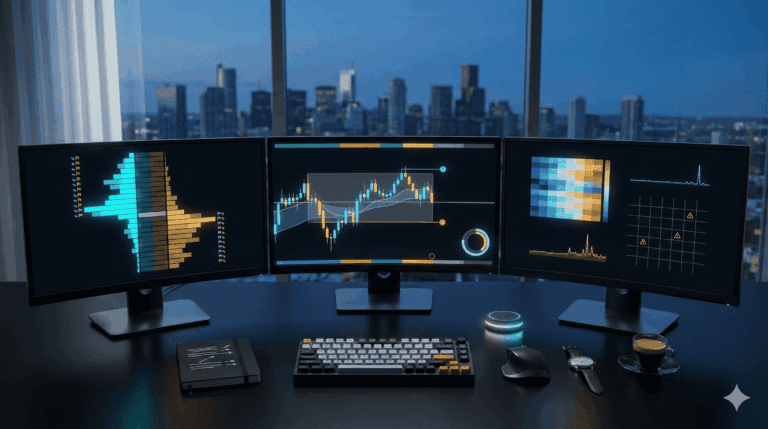Get to know Trading communities Vs Mentorship it’s often a way to start a forums or chat groups. Here, traders of different experience levels share ideas, strategies, and tools. These communities grow through collaboration and feedback. They give new traders a chance to watch real market conversations as they happen.
Unlike a course or formal education program, trading community knowledge evolves in real time. Most of these groups are hosted on platforms like Discord, Telegram, Reddit, or Slack.
What mentorship typically involves
A trading mentorship focuses on a structured relationship between a student and an experienced trader. It often includes one-on-one coaching, portfolio reviews, live walkthroughs, and personalized learning plans.
Mentors provide tailored guidance. They show not just what works, but also why it works in their situation. These lessons include context, tips for managing risks, and advice on how to execute.
Key benefits of trading communities
Trading communities help beginners reduce the learning curve by making information more digestible. Think of it as real-time crowd wisdom. You get a mix of market news, analysis, emotional support, and sometimes even trading alerts.
Examples of community trading strategies
Many groups crowdsource ideas using:
- Breakout watchlists shared daily
- Sentiment analysis from group polling
- Copy trades from experienced traders
- Scalping setups during high-volatility hours
These models give a real-world education in pace and decision-making that books or videos rarely provide.
Personalized trading insights
A mentor digs into your unique strengths and weaknesses. You may get help with a trading journal, emotional control techniques, and reviews of your past trades.
Instead of general advice like “wait for confirmation,” a mentor may say, “In your last 3 trades, you jumped in too early on RSI divergence. Let’s slow your entry down by 2 candles next time.”
Common mentorship formats
- Weekly or bi-weekly Zoom sessions
- Slack or email-based Q&A
- Live trading screen shares
- Homework assignments and feedback
This kind of structure appeals to those who need tailored help and direct accountability.
Daily interactions in groups vs 1:1 mentoring
In trading communities, accountability comes from peer pressure. Seeing others post trades, ideas, and mistakes motivates involvement.
Mentorship adds the pressure of showing results directly to a trusted expert. This is useful for traders who procrastinate or need regular check-ins.
Long-term impact on discipline
While both formats offer accountability, group dynamics may wane over time. A committed mentor usually tracks your performance and development longer, which fosters consistent discipline.
Real Value of Signals and Alerts
Many forex communities offer signals, live alerts that recommend entry, stop loss, and target levels. While convenient, not all are high quality.
Pros:
- Fast decision-making
- Useful for learning setups
- Exposure to different styles
Cons:
- Over-reliance reduces independence
- Quality varies widely
- Risk if not explained or contextualized
“Signals are tools, not strategies,” says pro trader Kevin M., “Use them to understand structure, not just follow blindly.”
Educational Depth vs Real-Time Action
Fast learners may prefer community setups where information flows constantly. Others need a structured ladder that mentorship offers.
A new trader with zero background might get overwhelmed in an open chatroom but thrive under a one-on-one roadmap.
When community or mentor fits best
Use this decision matrix:
| Trader Type | Best Fit |
| Self-starter, analytical | Trading community |
| Needs structure, feedback | Mentorship |
| Hybrid learner | Both in combination |
Free vs paid programs
Trading communities range from free public chats to private subscriptions. Mentorship, especially from reputable traders, often comes at a premium.
ROI from both models
Mentorship might accelerate your journey, but at a higher initial cost. Communities stretch your dollar further, especially if paired with self-learning.
Quote-worthy: “Don’t just ask what it costs, ask what it prevents you from losing.”
Trading loneliness and emotional balance
Solo trading can be mentally exhausting. Communities offer camaraderie, celebrating wins, grieving losses, and laughing at dumb mistakes together.
Peer support vs expert reassurance
A mentor’s reassurance is direct and insightful. But peers can normalize setbacks and help maintain emotional resilience, especially in early phases.
Hybrid Learning Models
Mixed approaches in modern trading setups
Some of today’s best forex trading group with signals programs now blend live trading, mentoring, and community chats into one subscription.
You might get access to:
- A private chatroom
- Daily live analysis from mentors
- Homework tasks and journals
- Feedback from both peers and pros
Balancing self-learning and guidance
This hybrid model ensures both autonomy and support, giving you the best of both worlds without feeling lost or overly dependent.
Which One Builds Independence?
Some traders become too dependent on their mentor’s input. The danger here is paralysis without guidance.
Autonomy through group collaboration
Communities teach you to listen, filter, and decide on your own. Independence is built gradually by testing ideas and sharing feedback.
Filtering conflicting advice
In a group of 300 traders, you’ll hear 10 opinions on the same chart. Noise is inevitable.
Mentorship offers clarity, but limits exposure to diverse ideas.
Signal quality and validation
Trustworthy groups explain the logic behind every signal. Look for those that teach, not just call out trades.
Experience-Based Outcomes
Real trader stories
Ana, a part-time trader, joined a trading community and spent 6 months lurking. She eventually posted her first trade idea and received helpful critiques that sharpened her edge.
Luis, on the other hand, found a mentor and cut his learning curve in half, going from daily losses to consistent 3% monthly gains.
Lessons from switching models
Many traders evolve. They might start with a community, move to mentorship, then circle back to the group for interaction and idea flow.
Red Flags to Watch Out For
Community scams and fake gurus
Be cautious of groups that:
- Guarantee profits
- Upsell every week
- Never show losses
- Ban criticism
Checklist for credibility:
– Verified track records
– Transparent admin behavior
– Clear terms for signal usage
– Emphasis on education, not just sales
Final Thoughts
No single format is universally better. If you thrive on interaction, feedback, and group energy, communities can sharpen your instincts. If you prefer structured learning with targeted advice, mentorships are often worth the investment.
And remember, the best results often come from blending both. Test the waters, gather data, and refine your approach until it matches your trading personality. If you’re looking to explore both options in a balanced way, now’s the time to start experimenting and discover what suits your growth best.
Frequently Asked Questions
1. Can I use both a trading community and a mentor at the same time?
Yes, many traders combine both to balance structure and peer interaction.
2. Are trading signals reliable for beginners?
They can be helpful, but only if the source is credible and the signals are explained clearly.
3. What’s the average cost of mentorship programs?
Prices range from $100 to over $1,000 monthly, depending on the trader’s reputation and format.
4. How do I choose a trustworthy trading community?
Look for transparency, a track record of education, and members who offer real analysis, not hype.
5. Do mentorships guarantee results?
No, results depend on your effort, market conditions, and how well you apply the lessons.
6. Can I find free quality communities?
Yes, platforms like Reddit or free Discord groups offer valuable insights, though the quality varies.







